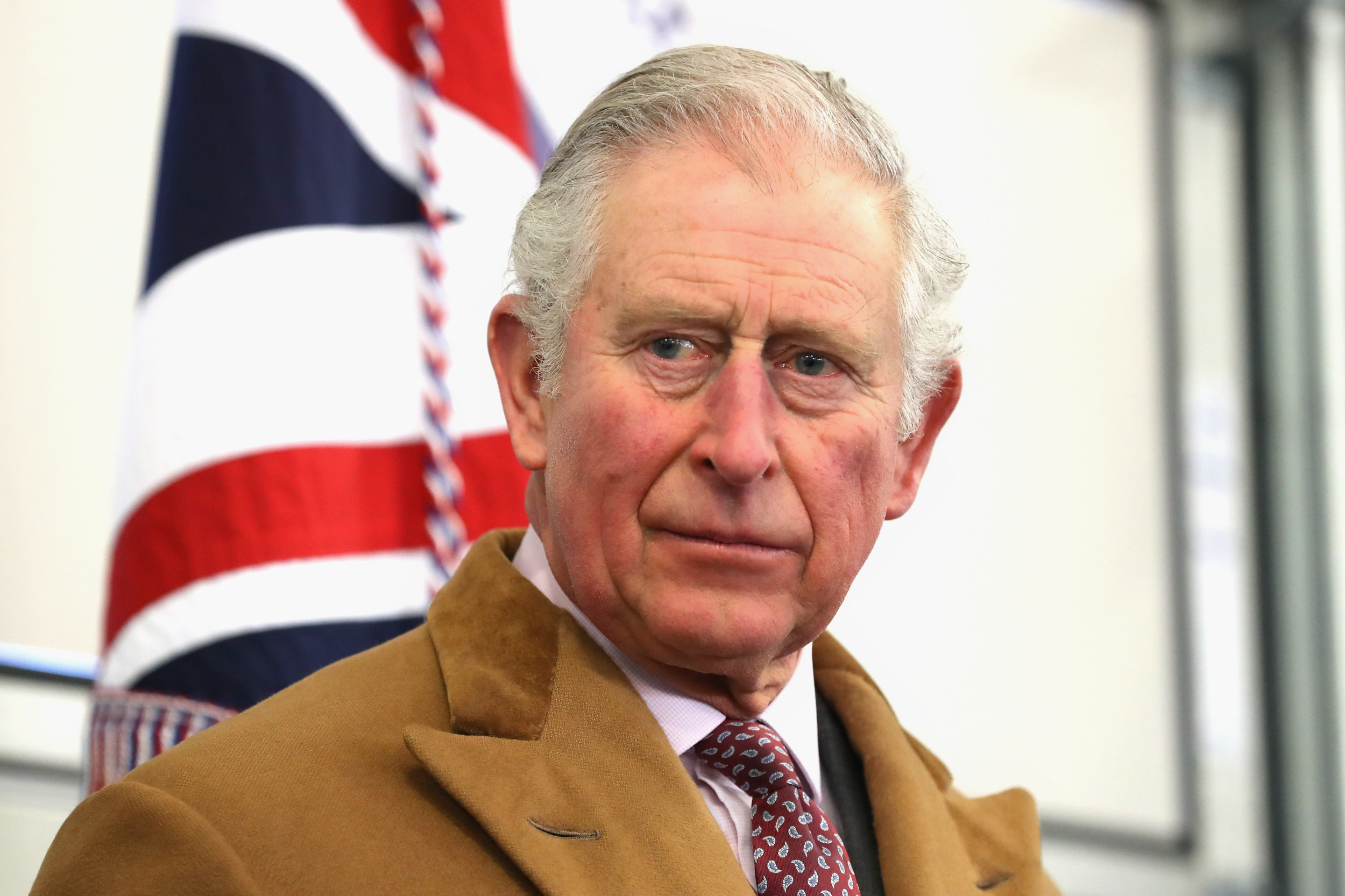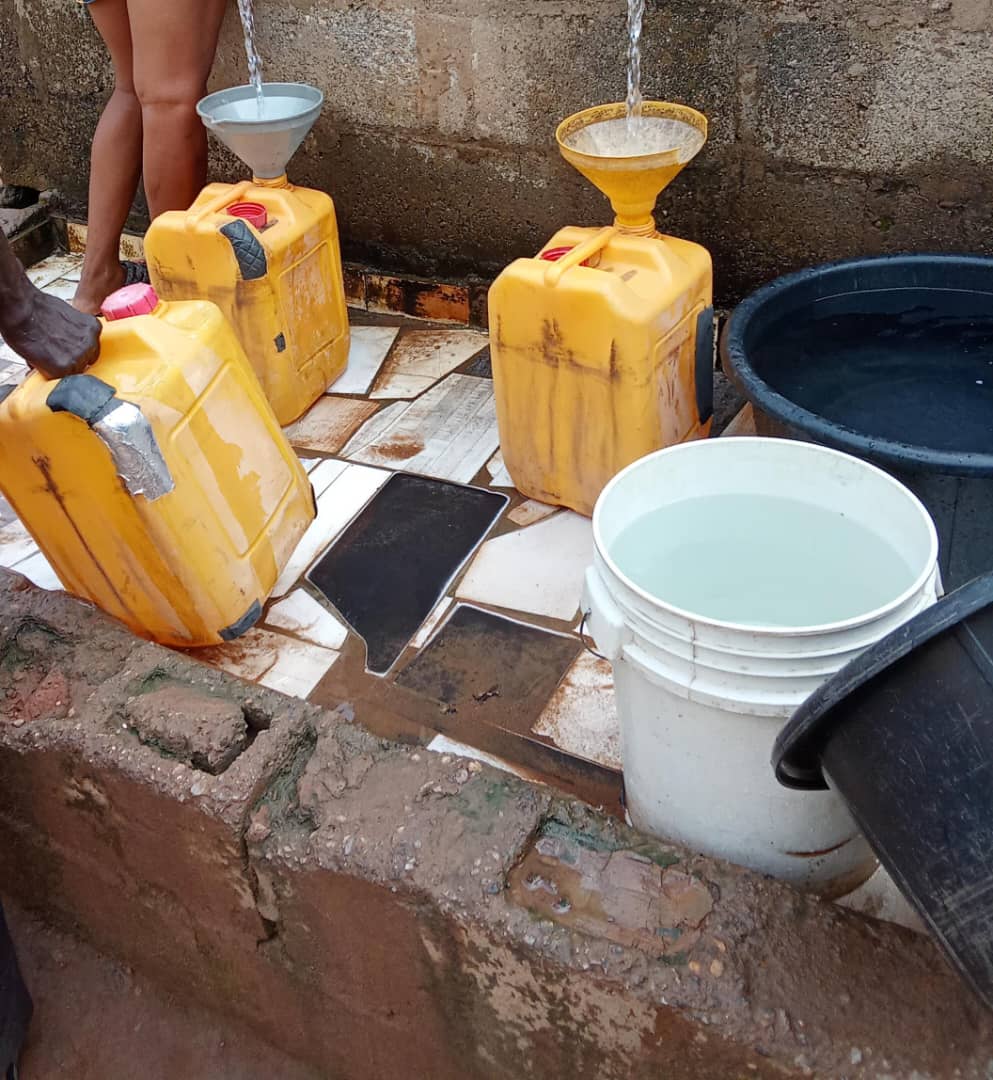The news that a prominent citizen of England in the person of the monarch, King Charles III is going for herbs for the treatment of his cancer ailment has raised some pertinent questions on promoting the African traditional medicines. Juliet Jacob writes on the issue.
It was announced recently that King Charles III has been diagnosed with cancer. Charles III is King of the United Kingdom and 14 other Commonwealth realms. Charles was born in Buckingham Palace during the reign of his maternal grandfather, King George VI, and became heir apparent when his mother, Queen Elizabeth II, acceded to the throne in 1952.
King Charles Opting for Herbs to Treat Cancer
Ever since the announcement several treatment methods have been suggested to the king. But the king has reportedly opted for the herbal medication. Although it was not categorically made public if the herb option is African traditional medicines, it is widely speculated that African herbs are the King’s best option.
To a large extent, this has shot traditional medicines to the front burner. It acknowledges the potency of native medicines and traditional methods of care which itself has a long history. It is some of the knowledge, skills and practices based on the theories, beliefs and experiences indigenous to different cultures, whether explicable or not, used in the maintenance of health and the prevention, diagnosis, improvement or treatment of physical and mental illness.
Reactions:
King Charles’s opting for traditional medication for his ailment has brought about different reactions among Nigerians and that’s because of the numbers of political leaders that travel out of the country nearly every month for medical check-ups at the expense of the poor taxpayers. Huge foreign exchange is taken away for the medical trips estimated at trillions of the already weak naira, the country’s currency. Political figures on the continent seeking medical help in Europe, North America and Asia have unwittingly been promoting medical tourism in these countries to the detriment of the continent.
USD$6 billion on Medical Tourism
In 2016, Africans spent over USD$6 billion on outbound treatment. Unfortunately, Nigeria is a major contributor. Its citizens spend over USD$1 billion annually on what’s become known as medical tourism. If a high-profile monarch like King Charles would find African traditional medicine worthy to use then what is stopping our politicians from embracing our own rather than traveling around spending taxpayers’ money all in the name of medical tourism, and jeopardising the nation’s healthcare sector.
Health System in Comatose
While Africa’s public health systems are in a depressing condition preventable diseases still kill a large number of women and children, people travel long distances to receive health care, and across the continent, patients sleep on hospital floors.
On top of this, Africa’s health professionals emigrate in droves to search for greener pastures anywhere but home.
Private Citizen Right of Medical Tourism
It can be argued that private citizens opting to seek medical help in other countries don’t owe the public any explanation, because it’s their affair. But medical tourism among Africa’s political elite is a completely different kettle of fish and a big cause for concern because they are responsible for the development of proper health care for the citizens of their countries can be argued that private citizens opting to seek medical help in other countries don’t owe the public any explanation, because it’s their affair.
It’s well documented that politicians from across the continent go abroad for medical treatment. The reasons for exercising this choice are obvious: they lack confidence in the health systems they oversee, and they can afford the trips given that the expenses are paid for by taxpayers.
The result is that they have little motivation to change the status quo. Medical tourism by African leaders and politicians could therefore be one of the salient but overlooked causes of Africa’s poor health systems and infrastructure.
Muhammadu Buhari as Case Study
For instance, former President Muhammadu Buhari of Nigeria spent more time in the UK for medical treatment than he had in his own country. By seeking treatment abroad, Buhari broke one of his electoral promises – to end medical tourism. So many African leaders even lost their lives while receiving treatment abroad, for example, in the recent past Zambia’s Levy Mwanawasa died in France while the country’s Michael Sata passed away in the UK. Then there was Guinea Bissau’s Malam Bacai Sanha who died in France, Ethiopia’s Meles Zenawi who died in Belgium, and Gabon’s Omar Bongo who died in Spain.
A few fortunate ones made it home but died shortly afterwards. They include Nigeria’s Musa Yar’Adua who died in Abuja after returning from treatment in Saudi Arabia, and Ghana’s Atta Mills who died in Accra after returning from a brief medication.
WHO On Traditional Medicine
According to the World Health Organization (WHO) African Traditional Medicine, is deeply intertwined with indigenous herbalism and rooted in the tapestry of African spirituality and culture, its stands as a beacon of accessibility, affordability, and trust for millions across our continent.
“With approximately 80% of our population seeking solace in traditional medicine for fundamental health needs, it remains an embodiment of our identity, resilience, and heritage.
We applaud the strides taken by Member States in nurturing the integration of traditional medicine within national health systems.
“Twenty-five countries in the WHO Africa Region have now integrated traditional medicine into their health sciences curricula, while 20 have established training programs for traditional health practitioners and health sciences students, to strengthen human resources in both traditional medicine and primary health care. Thirty-nine countries have developed legal frameworks for traditional health practitioners.”
Herbal Medicine Vendor Speaks
Speaking with African Health Report (AHR), an herbal medicine vendor Oshaprapra, as she is popularly called by her customers sitting in her stall in Dutse, Abuja, boasts of high patronage, saying people come for her mixtures daily.” I get customers daily that I can’t keep count of”, she said, adding that herbal medicine works for body pain, typhoid, Malaria, “jedijedi” (high sugar) and other sickness of the body in general.” The woman added she uses “egbesi” to prepare typhoid and malaria concoction, tea leaves for sugar (jedijedi) reduction in the body, while for waist pain typhoid/stomach ache, she burns it and mixes with ayeri.” For headaches, “we put aweti (back of coconut) and we cook leaves of orange, pineapple, guava together to treat cold.”
Traditional medicine is as old as humanity.
UN Perspective
Also, the UN agency defines traditional medicine as the knowledge, skill and practices based on the theories, beliefs, and experiences indigenous to different cultures used in the maintenance of health as well as in the prevention, diagnosis, improvement or treatment of physical and mental illness.
It noted that about 40 per cent of pharmaceutical products are based on natural products and that many landmark drugs derive from traditional medicine.
Meanwhile, the decision of the monarch to use herbs in the management of his cancer ailment is a significant acknowledgement of the African traditional medicines’ usefulness. If treatment is successful, it is expected that more high-profile individuals will embrace traditional medicines as new ways of health care. And with their patronage increasing, the economy of the continent will naturally be boosted. If this is sustained, money wasted on medical tourism will inevitably end.




Wow, incredible blog structure! How lengthy have you been running a blog for?
you make blogging look easy. The overall glance of your web site is great, let alone the content material!
You can see similar: sklep and here sklep online